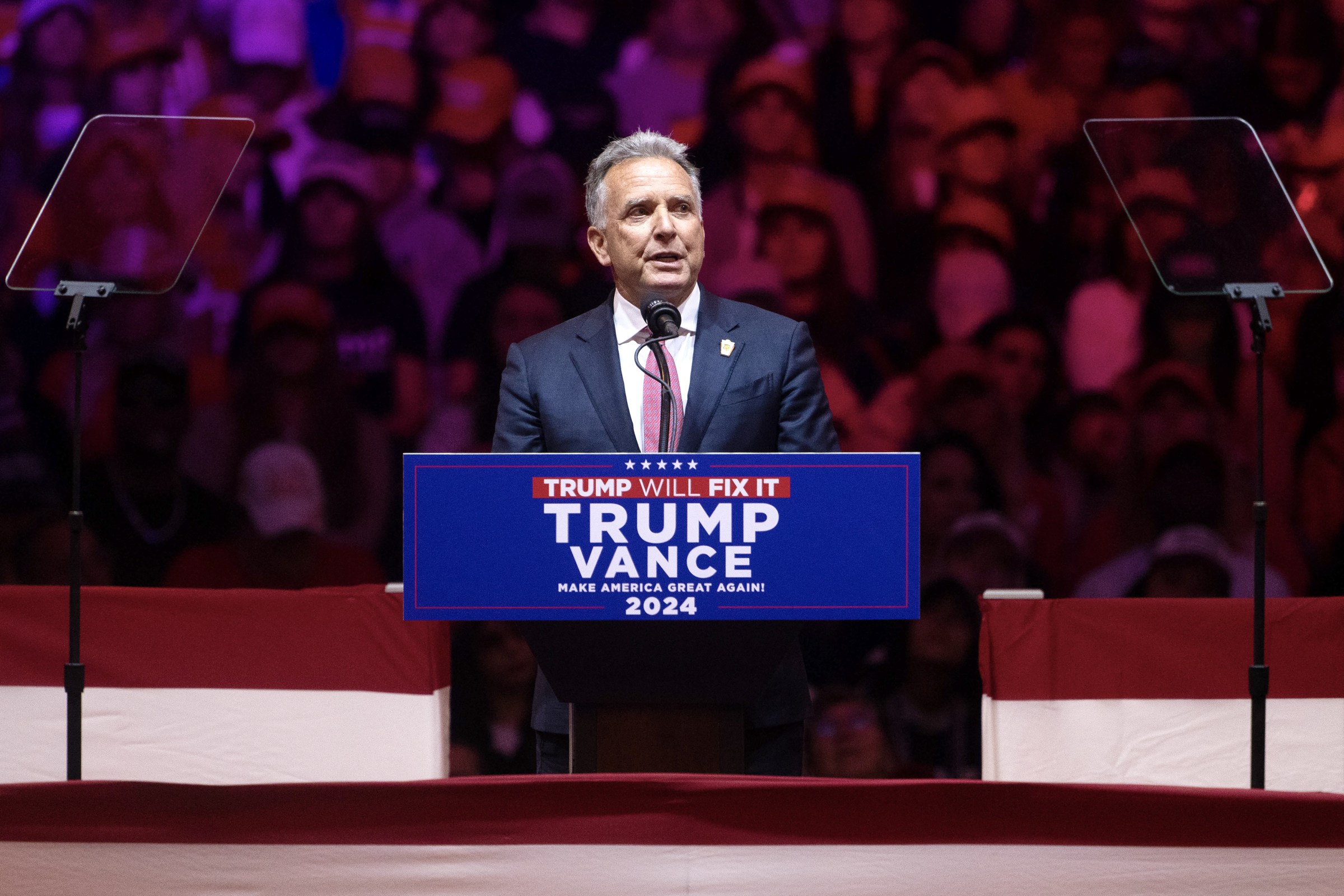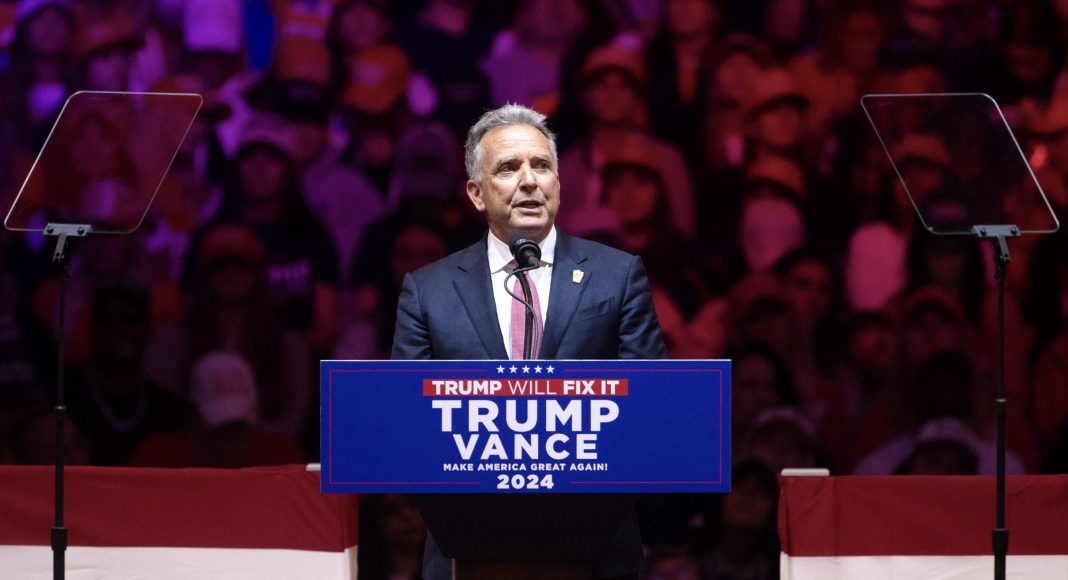Did Donald Trump deliver the Gaza ceasefire that Joe Biden couldn’t?
After many long months of inconclusive talks, a ceasefire deal between the Israeli government and Hamas appears to have finally been reached just as Biden is set to leave office — and Trump is set to take credit.
Biden’s team of course would point out that they spent many months engaged in painstaking diplomacy to deliver this outcome. The deal itself (which is still awaiting final approval from the Israeli government) resembles a proposal crafted by officials from the US, Egypt, and Qatar and announced by Biden in May.
However, there indeed seems to be widespread agreement among diplomats and officials involved that Trump-related factors were quite important in finally spurring the deal to come together — though there are some dueling narratives about exactly why.
Trump intervened in two main ways.
First, in early December, he made a public demand that the hostages be released before his inauguration — and that, if they weren’t, there would be “ALL HELL TO PAY in the Middle East.” He did not clarify what that meant, but this effectively set a deadline: Trump wanted a deal by January 20.
Second, in recent days, Trump’s team — most notably incoming Middle East Envoy Steve Witkoff — became involved in the process directly, pressuring Israeli Prime Minister Benjamin Netanyahu to make concessions and agree to a deal.
Left critics of Biden’s Israel policy have responded by arguing that Trump’s interventions prove he could have produced a ceasefire far earlier, if only he had been willing to push Israel more, and that he and his team were either too weak, too incompetent, or too in hock to Israel to do so.
Yet major developments in the war in recent months likely also made both Israel and Hamas more willing to end it.
Between September and November, Israeli forces not only killed Hamas leader Yahya Sinwar, but also drastically escalated their war against the Lebanese militant group Hezbollah, doing grave damage to the group and killing many of its leaders before an eventual ceasefire in Lebanon. This likely helped Israel feel like it would be ending the war from a position of greater strength, while leaving Hamas more isolated and ending any hopes they’d be helped by foreign intervention.
So the context for the war had recently changed in ways that paved the way for a ceasefire. But the combination of Trump’s deadline and his team’s pressure on Netanyahu indeed seems to have been important in getting the deal across the finish line.
Major developments in the war late last year may have paved the way for a ceasefire
Since Biden endorsed this ceasefire proposal back in May, there has been endless finger-pointing about who deserves most blame for the lack of an agreement on it.
Publicly, US officials have blamed Hamas as the “main obstacle” for the lack of the deal. This narrative was complicated somewhat by Netanyahu’s repeated public rejections of Biden’s ceasefire proposals.
Indeed, according to the Washington Post’s Ishaan Tharoor, “Arab interlocutors and US officials in private have also pointed the finger at Israeli Prime Minister Benjamin Netanyahu, who repeatedly scuppered deals with new demands that Hamas was unwilling to accept.”
All along, Netanyahu faced pressure from his far-right governing partners — who have the power to unmake him as prime minister — to continue the war further. And he eventually responded by launching devastating attacks against Hezbollah, which had regularly been firing rockets at northern Israel since late 2023, displacing tens of thousands of Israelis from their homes. Hezbollah had claimed they would not stop the rocket attacks until the Gaza war ended.
Israel’s escalation in Lebanon was brutal but successful in dismantling Hezbollah. And while that was going on, Sinwar was found and killed in southern Gaza, handing Israel a symbolic victory by eliminating the architect of the October 7, 2023, attacks.
This put Netanyahu in more of a position of strategic and political strength, which may have made him newly open to wrap up the war. We have less insight into Hamas’s decision-making, but the defeat of a main ally in Hezbollah may have also made them more willing to agree to a negotiated settlement.
Indeed, reports throughout December claimed that a ceasefire deal was drawing closer. But both sides haggled hard over the details, and agreement remained elusive.
So Trump’s December 2 demand that the hostages be released by his inauguration may have mattered mainly because it served as an action-forcing deadline for two parties who were already increasingly inclined to reach a deal.
How much did Witkoff’s pressure on Netanyahu matter?

But Trump’s other major intervention came in recent days, when he sent Witkoff to the Middle East to join the talks and reiterated that he was quite serious about his deadline — and that it applied to Israel too.
Once in Israel, Witkoff reportedly told Netanyahu in blunt terms that he needed to compromise more. Multiple reports claim that this pressure, and Trump’s involvement generally, made a difference:
- Two Arab officials told the Times of Israel that one meeting with Witkoff did more to sway Netanyahu than Biden did in the past year.
- An unnamed diplomat told the Washington Post that this was “the first time there has been real pressure on the Israeli side to accept a deal.”
- One US official told Axios that Trump’s involvement “was the 10 cents missing for the dollar” in getting the deal done.
Trump and Witkoff’s pressure on Netanyahu may also have helped the prime minister argue to his far-right coalition partners that the deal on the table was the best he could get — though it is so far unclear whether Netanyahu will keep his governing coalition together.
So it’s a matter of dispute whether Trump deserves full credit for the deal, 10 percent, or something in between. But it does appear pretty indisputable that he played a helpful role in getting it done.

